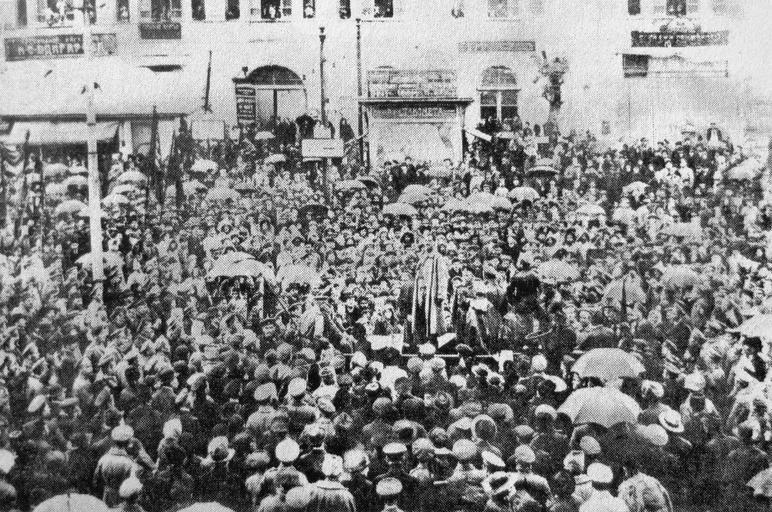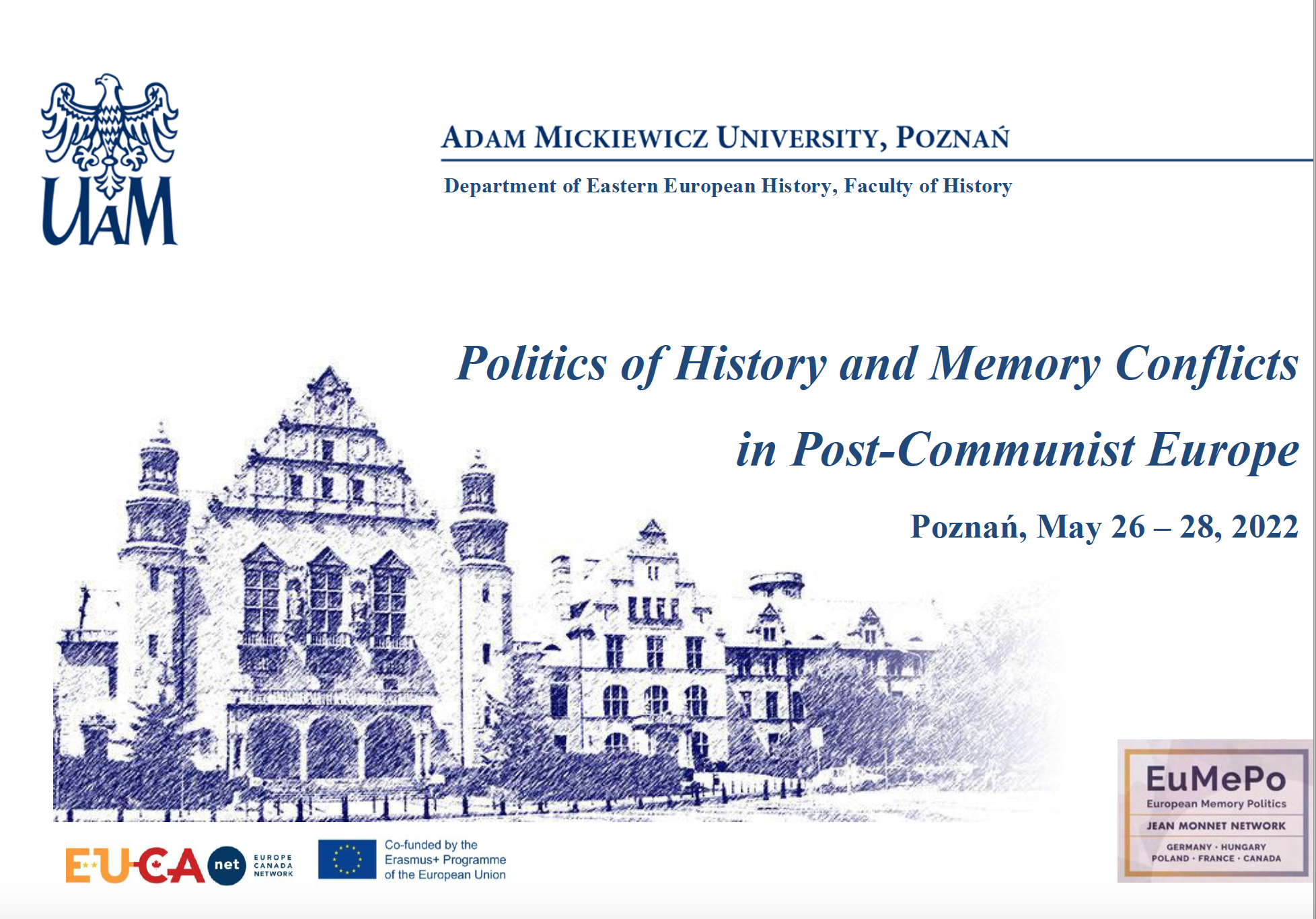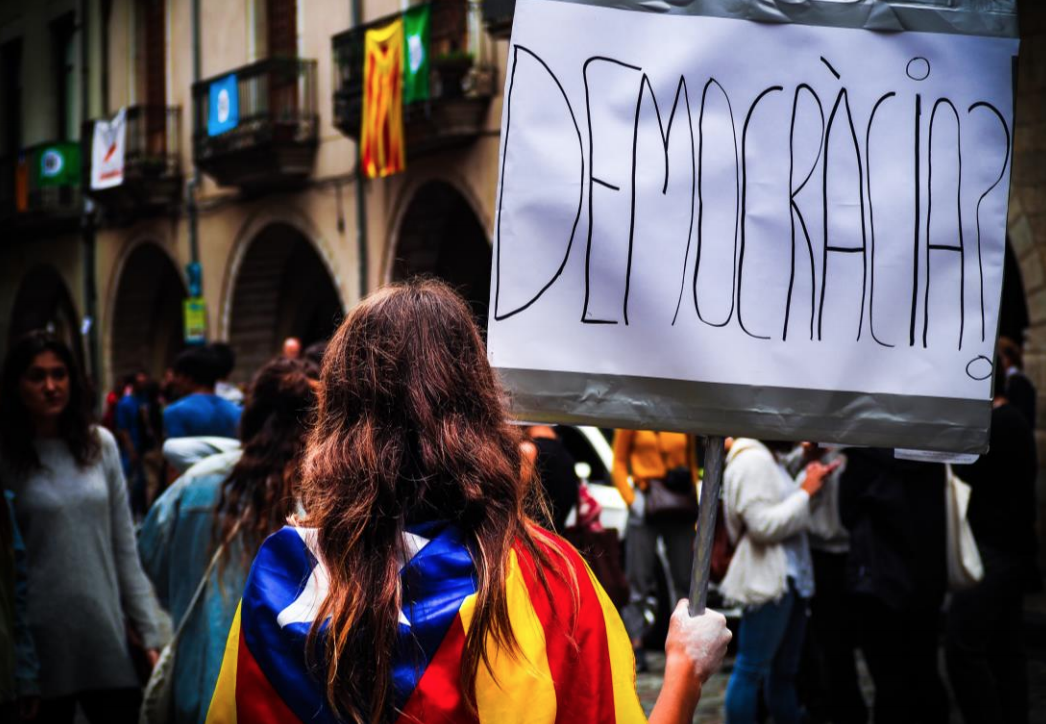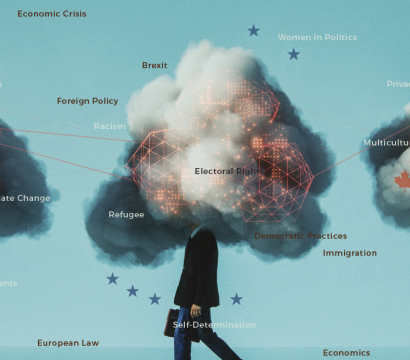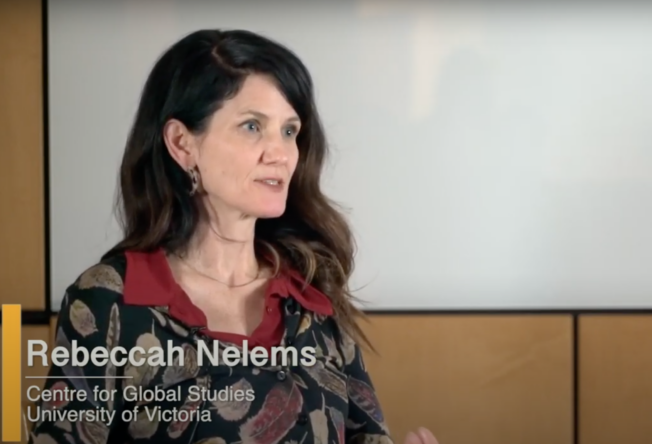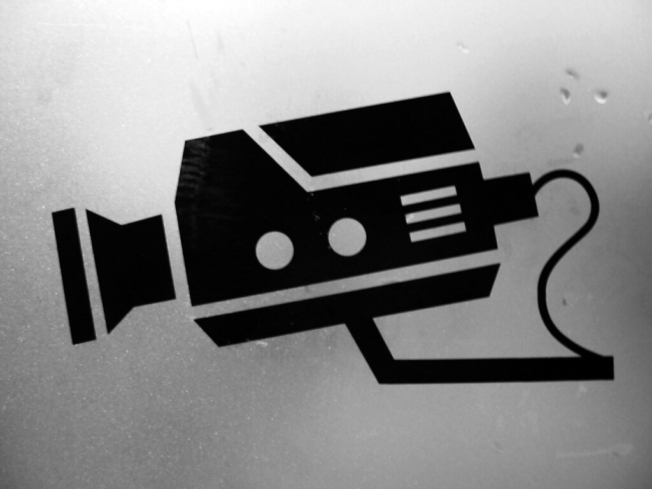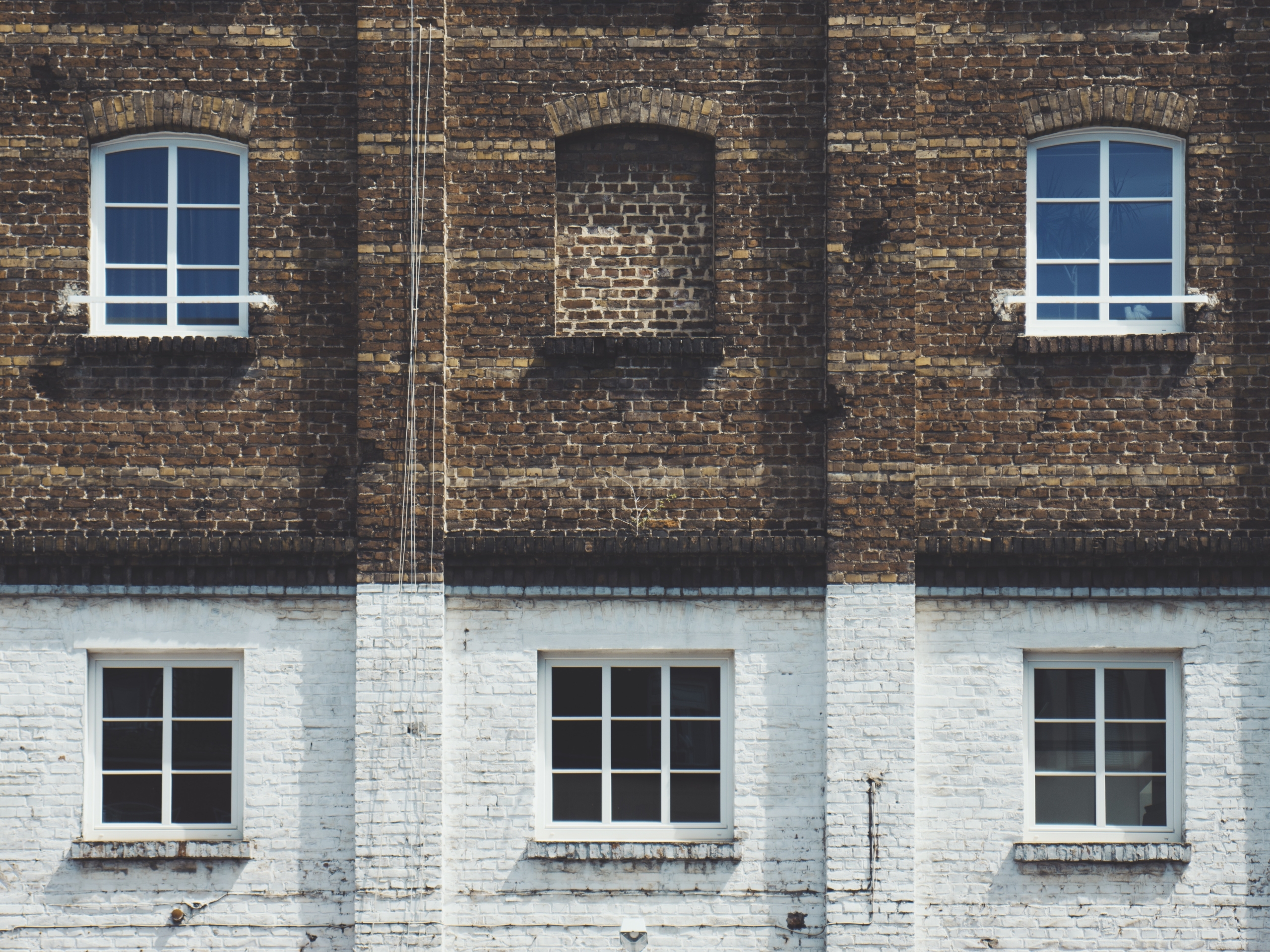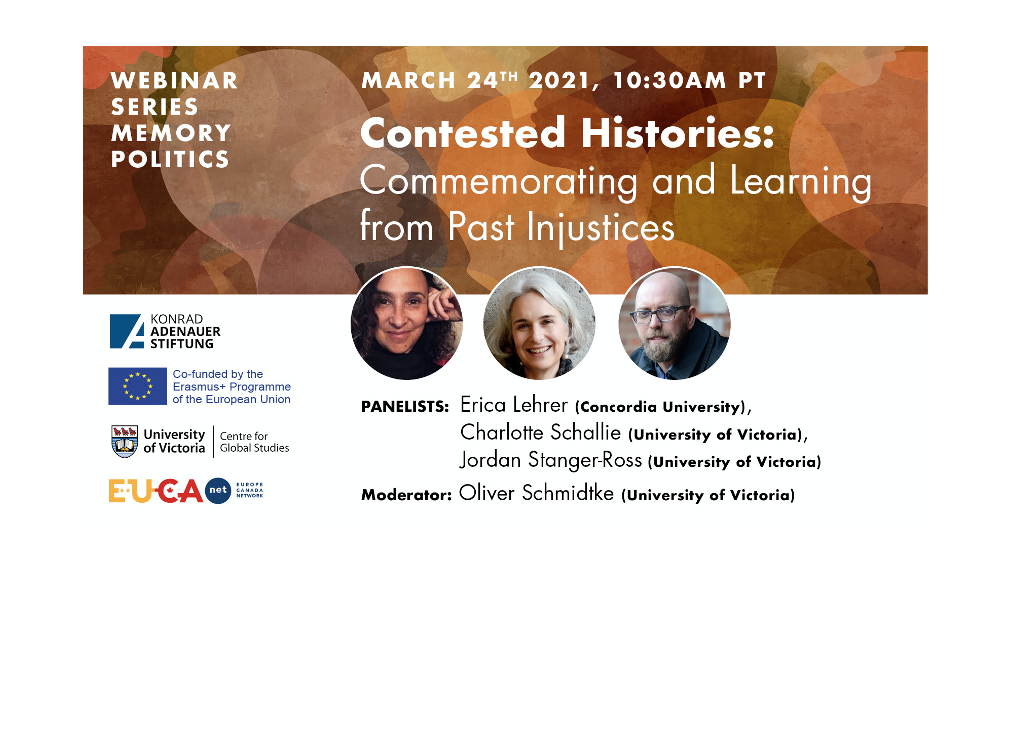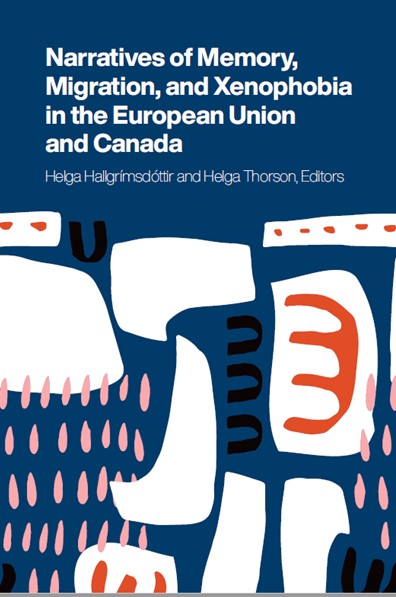Why Russia Finds Democracy so Hard – Putin and the Legacy of the 1917 Revolution, by Derek Fraser
By Derek Fraser, Centre for Global Studies at the University of Victoria
This paper was presented during the conference “1917 and Today – Putin Russia and the Legacy of Revolution“
Those of us who live in well-established democracies tend to forget how difficult it is, and how long it takes, to achieve relatively stable democratic institutions and practices. It took the French over eighty years after their Revolution to reach this state of affairs. Of the European countries that emerged from the First World War with democratic systems, a large number in Central and Southern Europe succumbed, in the course of the next twenty years, to dictatorship, often precipitated by political or economic crises.
Russia has little democratic experience to fall back on. Instead, what is remarkable about Russian history is the strength of the tradition that the Russians had inherited from 250 years of Mongol rule, – that of a strong state ruled by an all-powerful sovereign as a means of mustering the resources of the country for war.[i]
By the time of Peter the Great at the beginning of the eighteenth century, Russia had none of the limits to the powers of the monarch that existed at that time in Western Europe even in absolutist monarchies: the Church was nothing more than a government department, the nobles were reduced to functionaries, national and regional assemblies had atrophied, cities were not autonomous.[ii] Peter also increased the repression and strengthened the secret police. Peter’s Russia has been described as a police state.
The basic elements of Peter’s absolutist monarchy lasted until the Revolution in 1917. The two major reforms of 1861: the emancipation of the serfs and the supervised local assemblies, did not diminish the Tsar’s powers. Neither did the parliamentary assembly, the Duma, conceded after the defeat by Japan in 1905.
The repressive Tsarist regime following the defeat of Napoleon spawned the Russian revolutionary movement. The revolutionaries wanted to destroy the aristocratic, slave-holding Russia and establish a new and more just society. The repression that followed the defeat of the Decembrist revolt of 1825 produced in due course further revolutionaries.
The radical intelligentsia that emerged were not democrats. Indeed, they were not influenced to any significant extent by Western ideas. Instead, they were, like Tsarist officials, hostile to pluralism, liberalism, or common law. They had no concept of human rights and a constitutional government. They shared the traditional Russian idea that the rights of the individual had to be subordinated, to one degree or another, to those of society[iii] [iv]
Furthermore, in reaction to the narrowness and brutality of the Tsarist power structure, they became extremely dogmatic and intolerant, with totalitarian tendencies.[v]
In 1912, Lenin stated that his Bolshevik Party represented the fourth generation of Russian revolutionaries.[vi] The party was, however, also the heir to the absolutist traditions of the Tsarist regime.[vii] While Lenin was relatively restrained in the use of his dictatorial powers after the Bolshevik seizure of power in 1917, he laid the basis for the tyranny of Stalin. [viii]
Russia’s two attempts at democracy were defeated, in part, by the force of the absolutist tradition.
Russia’s first experience with democracy was with the Provisional Government that exercised authority after the abdication of Tsar Nicolas II in March 1917 until the Bolshevik putsch of November. The Provisional Government was not up to the task. In a country wracked by war and food shortages, it misjudged public opinion. It was also too weak to prevent Lenin from constructing a parallel administration and then staging his coup.
Russia’s next attempt at democracy was the tumultuous period of the Yeltsin presidency of an independent Russia from January 1992 until the end of 1999. Even before Yeltsin came to power, there is reason to think that KGB had sought to sabotage the efforts at liberalization of the Soviet president, Mikhayl Gorbachev, by moving the Communist Party’s vast financial reserves abroad at a moment of economic crisis. [ix] The failed communist coup of the August 1991 was also directed against Gorbachev. For Putin, the failed coup was a defeat and a humiliation.[x]
The Yeltsin years apparently did not create a broad consensus for democracy. Among the negative factors were:
Yeltsin had played the decisive role in the dissolution of the Soviet Union, which, for nationalists and hard-core communists, including Putin, was a catastrophe. [xi]
Yeltsin’s dissolution and siege of the White House, the communist-dominated parliament, in October 1993, did not defeat the nationalist and imperialist ideas that had inspired the rebels. In the parliamentary elections held two months later, the nationalists and Communists made a strong showing. Their revanchist ideas continued to smoulder until Putin, twenty years later fanned them into flames.[xii]
Yeltsin’s efforts to create a market economy through privatization and price liberalization led to inflation, mass impoverishment, corruption, lawlessness, and the emergence of the oligarchs. The currency crisis of 1998, in which the Russian government was forced to declare itself bankrupt, destroyed the belief of the liberal reformers that Russia could be transformed into a functioning market democracy through economic reform.[xiii]
During the Yeltsin years, Putin belonged to an extensive group of elites, who worked, with the apparent support of KGB, to re-establish an authoritarian regime in Russia, possibly along the lines of Pinochet’s Chile. In the view of this group, such a regime would permit the resurrection of a great state that would be respected abroad. [xiv] [xv]
Two days before coming to power as acting President, on 31 December 1999, Putin issued a Manifesto that echoed centuries of Russian thinking: According to Putin, while Britain and the United States had liberal values, Russia’s core values were patriotism, collectivism, the primacy of the state and the tradition of being a great power. Putin implied that personal rights and freedoms were of secondary importance. [xvi]
Putin’s apparent blueprint for building an authoritarian state, a plan that he certainly proceeded to implement, was leaked to the press days before his inauguration as elected President in May 2000. This blueprint provided for a gradual erosion of basic democratic freedoms: those of press, assembly, and speech. The blueprint also called for a concentration of powers in the Presidency so as to control the government administration, the parliament, the courts, the media, elections, regional governments, non-governmental organizations, and even the other former Soviet republics.[xvii] [xviii] Democracy had been defeated a second time.
The future of democracy in Russia does not look any more promising than its past. The consensus of Russia watchers appears to be that Putin’s eventual successor may be chosen from within the existing power structure rather than emerging from free elections. The elites have too much to lose to allow power to slip from their grasp. They also share the traditional Russian belief in the need for a powerful leader presiding over a strong state.
Even if there should be a democratic upset, however, given the same Russian predilection for authoritarianism, we should not expect an easy road to a stable democracy. We may still be confronted by a return to a powerful state dominated by strong men. Furthermore, like their authoritarian predecessors, these strong men may pursue an aggressive foreign policy as a means of justifying their hold on power.
[i] Szamuely, Tibor, The Russian Tradition, London, Fontana Press, 1988, p.20 ff.
[ii] Idem.pp.44-48
[iii] Idem., pp. 227-241
[iv] Raeff, Marc, Understanding Imperial Russia, New York, Columbia University Press, 1984, pp.170-71
[v] Raeff, Marc, opus cit. p. 206
[vi] Szamuely, Tibor, op. cit., pp. .227-240
[vii] Berdyaev, Nicolas, The Origin of Russian Communism, Ann Arbor Paperbacks, 1960, p.120
[viii] Billington, James H., The Icon and the Axe, AN INTERPRETATIVE HISTORY OF RUSSIAN CULTURE, New York, Vintage Books, 1970, p.531
[ix] Dawisha, Karen, PUTIN’S KLEPTOCRACY Who Owns Russia? New York, Simon & Shuster, 2014 pp. 2, 9, 16
[x] Ostrovsky, Arkady, THE INVENTION OF RUSSIA, FROM GORBCHEV’S FREEDOM TO PUTIN’S WAR, NEW YORK, VIKING, 2017p. 117
[xi] Idem.,, p.142
[xii] Idem.,p.161
[xiii] Idem., p.226
[xiv] Dawisha, Karen, op.cit., p. 10
[xv] Idem., pp.33-34
[xvi] Ostrovsky, Arkady, op. cit., p. 264
[xvii] Dawisha, Karen, op.cit., p.2
[xviii] Idem., p. 253
About the author: Derek Fraser is an Associate Fellow at the Centre for Global Studies and Adjunct Professor of Political Science at the University of Victoria. His work has supported the democratization process in the Ukraine and he has organized and contributed to academic and foreign policy conferences, notably on failed states and Eastern Europe. Formerly, Derek Fraser was a member of the Board of Directors of the Canadian Institute of International Affairs (CIIA) and President of the Victoria branch.
